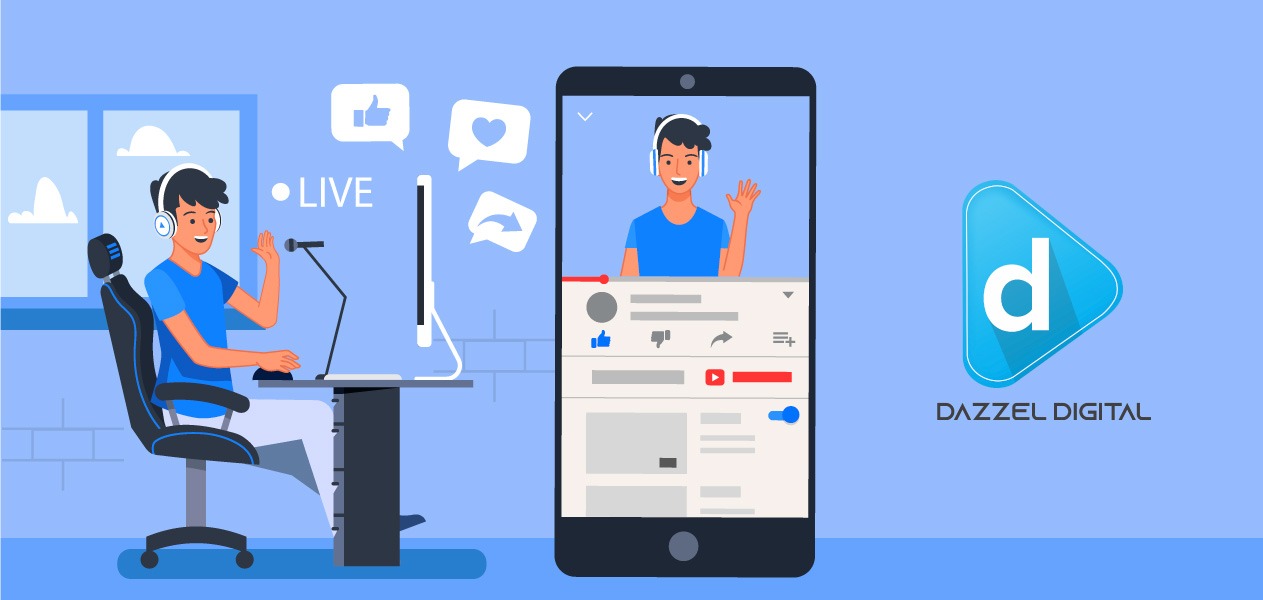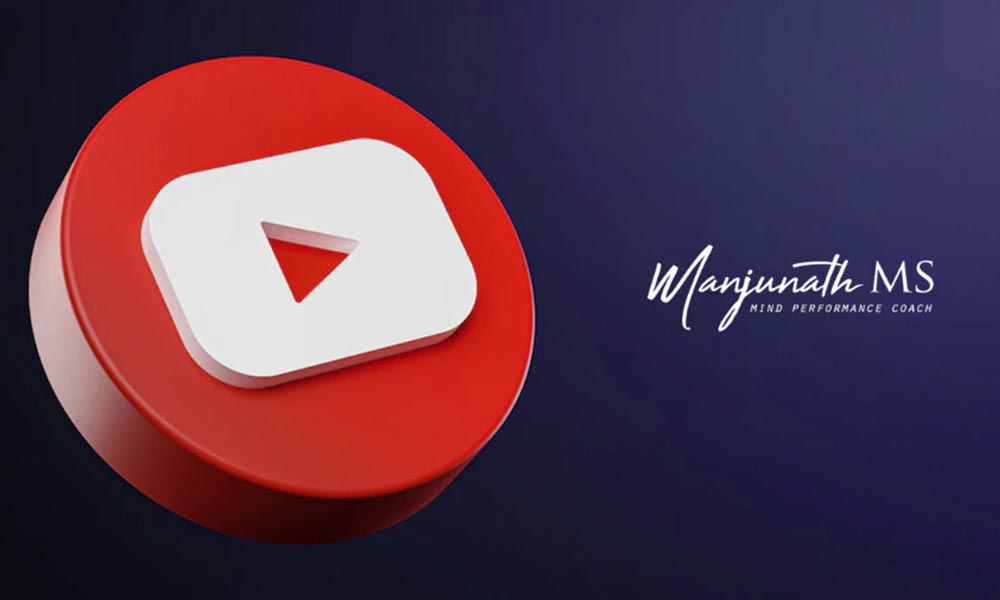You can fool some people some time, but not all people at all times. Let’s rephrase it in today’s context :
You can fool everyone except Google.
Google Page 1 Rank is a dream come true for every businessman. If you too wanna know how to fulfill this dream, this blog is for you.

1. Understand the Google Ranking Algorithm
An algorithm is a set of rules to solve a problem in finite steps. For instance, when you searched wallpapers or best cafeterias near you, you might’ve seen, the search engines delighted you with millions of awesome results. But how & from where did it decide to fetch search solutions with relevance & accuracy? It’s through an algorithm.
Google rolls out 500 to 600 changes to its search algorithms each year.
40% of marketers consider varying search algorithms as SEO hurdle. Thus, constantly updating a website to Google algorithms allows you to compete for high-ranking spots in Google search results, which is a key factor for driving traffic conversions.

2. Evaluate & Improvise Your Current Search Ranking
SEO is the process of improving a website for search engines to rank higher in search results. The higher a page is in ranking, the more visible it becomes to potential customers.
A website’s speed, keyword rank, content quality, backlinks etc are some of the major Google Ranking Factors. According to WebPerformanceToday, Walmart experienced a sharp decline in conversions when its page load times increased from one to four seconds.
Understanding the ranking factors relevant to your industry alone is the key to becoming an authoritative domain.

3. Invest in the Right Metrics
Do you have Google Analytics installed on your website? If not, you need it the most to track & assess your digital campaigns.
Google Analytics can provide you with relevant key performance indicators (KPIs) like :
• Gross website traffic
• Source of traffic
• A visitors’ tally: New vs Returning
• Total sessions & average session duration
• Most visited pages
• Rates: Exit, Bounce & Conversion Rates

4. Diagnose & Fix Your Current Penalties
Google is by far the biggest search engine, responsible for 68.3 percent of searches& represents a huge source of potential organic traffic. So you need to diagnose these penalties & fix them.
If you violate Google’s guidelines, Google will penalize you resulting in a dramatic decline in your search rankings.
GOOGLE PENALTY TYPES :
• Manual Penalties
• Algorithmic Penalties
MANUAL PENALTIES :
Current algorithms can’t accurately detect all types of guideline violations. Sites violating the guidelines are flagged and then evaluated by the quality raters.
If they find anything dubious, your website gets penalized.
There are many different types of manual penalties: site-wise, page-wise etc.
To check these penalties, log into Google Search Console (SC, formerly Webmaster Tools).
ALGORITHMIC PENALTIES :
Google creates different algorithms to detect spam and other violations, and when it finds that, it penalizes the site. So if you don’t get a nice clear message in SC or anywhere else, it’s probably an algorithmic penalty. But, its tracking requires valuable efforts.
5. Constantly Monitor Your Keywords
Keywords are a gateway to your customers’ buying decisions. They are like a subscription profile of your website. If only it interests them, they click on it.
So your keywords need to stand out. You need to target a specific audience & geography, instead of trying to cater to all. This’ll help you build your niche and attract a large fanbase because your audience trusts you for their problem-solving.

6. Perfect Your On-page & Off-page SEO
SEO (Search Engine Optimization)describes a set of processes that aim to optimize a website for search engines. SEO is highly valuable as it not only earns you high-quality visitors from search but also improves the user-friendliness of your website increasing its credibility.
Whether a big/small business, today it’s no longer about owning a website, but about having a web presence, and the fundamentals of that presence are SEO & organic traffic. The more SEO you can implement for the various pages of your website, the more organic traffic it will accumulate.
ON-PAGE SEO :
It includes direct manipulation to a web page to facilitate higher ranking, by optimizing the HTML code, content quality content structure etc.
OFF- PAGE SEO :
It refers to all SEO practices that take place outside your website like backlinks, link relevance, social signals etc.
With the help of relevant SEO tricks, you can improve both the performances.
7. Ensure Your Website is Mobile-friendly
Most of the people today are smartphone addicts. That’s why Google strictly demands mobile-friendly website for rich user experience, else it enormously harms your search rankings.
60% of searches take place on a mobile, and this number continues to grow.
With the help of Google’s Mobile-Friendly Test, you can determine if your site is mobile-friendly or not. Input URL and click “RUN TEST.”

8. Innovate Your Link-building the Right Way
Google remarks: “In general, webmasters can improve the rank of their sites by increasing the number of high-quality sites that link to their pages.” Thus, link-building directly affects your Google rankings.
Links signal Google that your site is a quality resource worthy of citation. So higher backlinks mean higher rankings.
Simple Link-Building Strategies
• Content Creation & Promotion
• Reviews & Mentions
• Links from Friends & Partners
9. Publish More Blog posts Than Your Competitors
Out of sight is out of mind!
Thus, blogging is all about providing an expertise interface to your target audience who can time and again look to you for their problem-solving. This builds trust and lays a foundation for building long-term & long-lasting customer relationships.
Thus no business today can afford to gamble from the backseat. It needs to expose itself to enhance its online visibility with engaging & frequent blog posts to maintain a rapport with its audience.
10.Prefer Quality to Quantity
Cost is long forgotten, but the quality is remembered forever. So every business today needs to be customer-oriented. No patient wants to pay to a compounder for treatment at the place of a specialist.
So, you need to specialize in whatever your business provides because a disappointed customer is the best advertiser.

Do like & share this post if it’s helpful. Feel free to drop in your comments below.









